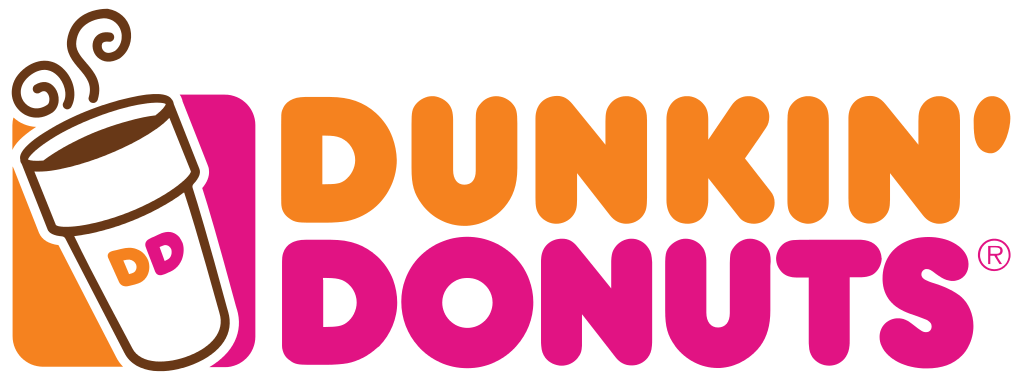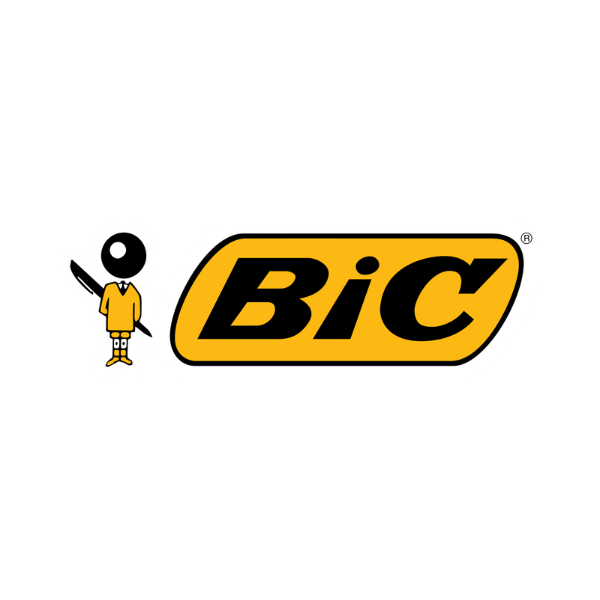Process
Comprehensive Site Audit
We perform a detailed analysis of your website, identifying technical issues, on-page optimization opportunities, and backlink profile health
We perform a detailed analysis of your website, identifying technical issues, on-page optimization opportunities, and backlink profile health
Keyword Research
We find high-value, low-competition keywords that your target audience is searching for
We find high-value, low-competition keywords that your target audience is searching for
On-Page SEO
We optimize content, meta tags, URLs, and internal links to improve relevancy for search engines
We optimize content, meta tags, URLs, and internal links to improve relevancy for search engines
Off-Page SEO
We build high-quality backlinks to increase your site’s authority and trust
We build high-quality backlinks to increase your site’s authority and trust
Strategy
White-Hat SEO Techniques
We only use ethical SEO methods, ensuring long-term rankings
We only use ethical SEO methods, ensuring long-term rankings
Content-Driven Approach
We focus on creating valuable, optimized content that resonates with users and search engines alike
We focus on creating valuable, optimized content that resonates with users and search engines alike
Ongoing Optimization
SEO is not a one-time process; we continuously track and optimize your site’s performance
SEO is not a one-time process; we continuously track and optimize your site’s performance
Let’s Talk
Advant Navis Business Park
Plot 7, Sector 142, Noida-Greater Noida Expressway, Noida, Uttar Pradesh-201305, INDIA
+91 844-843-2976











